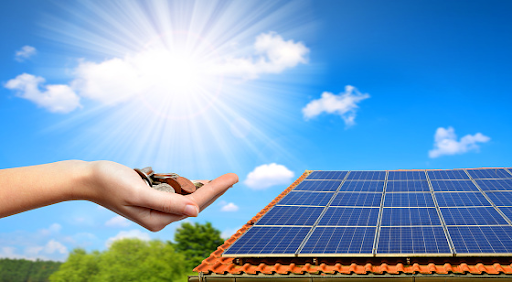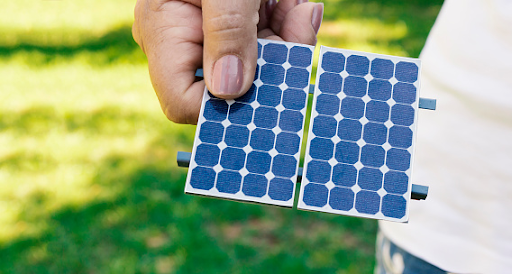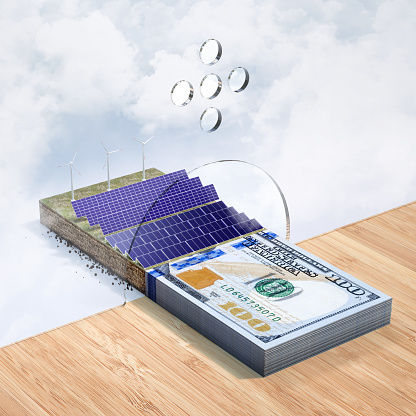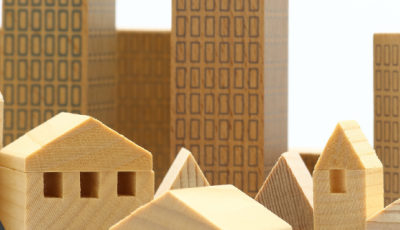Do solar panels add value to residential property
By Jess Taylor
If you are a homeowner, you’ve undoubtedly had a long wish list for house improvements. Any time you’re concerned about rising electricity costs, or you just want to do your part to protect the environment, installing solar panels should be on your list of priorities.
To be self-sufficient and not reliant on the grid, using solar energy offers several advantages. Before making a large financial investment in your house, like with any home renovation job, you should think long term.
If you’re thinking about going solar, you might be wondering if it’ll increase the value of your property. As it turns out, the answer is a loud yes.
Installing solar panels and batteries may increase the value of a house for many homeowners, purchasers and assessors. Studies show that adding solar panels may enhance the resale value of a property by up to $5,911 per kilowatt. Another estimates a 4.1% gain in value.
Solar panel options
The most common types of solar panel are monocrystalline and polycrystalline solar panels, both of which are widely available for purchase.
Both types of solar panels work in the same way. Although monocrystalline panels have been around longer, polycrystalline panels have taken over as the most popular kind of solar panel. With efficiency of around 18 – 22%, silicon solar panels are the most efficient panels on the market.
Another form of solar panel is a thin-film solar panel. This type of thin-film panel is commonly seen on solar shingles or tiles. In terms of production costs they’re less expensive, but their efficiency is lower (between 11 and 13 percent), reducing the amount of power your solar panels can create.
Generally speaking, there are two ways to install a solar system in your home. You can either link your system to the local utility grid or create an off-grid system to resell your extra energy.
Grid-connected
Most people employ grid-linked systems because they need less expensive equipment and maintenance than off-grid systems. Grid-connected (also known as ‘grid-tie’) systems allow you to use the renewable energy when the sun is shining, and you can return any extra energy you create but you don’t use, to the grid.
When the sun is not available, electricity from the grid meets your needs, saving you the cost of electricity storage devices such as batteries.
Off-grid
An off-grid system operates independently and is not linked to the grid in any way. These systems are frequently used for homes in remote areas where installing a stand-alone system is less expensive than running a power line to the home (which can cost you between $15,000 and $50,000 per mile).
Aside from the panels themselves, an off-grid system includes batteries, a charge controller, safety equipment and meters, and instrumentation to monitor performance.
Factors affecting the value-add of solar panels
There are a few other factors to consider, when thinking about the added value of a solar system on your home.
Geographic location
The cost of electricity varies by state and higher electrical costs result in more savings from your solar panels.
Furthermore, the amount of sunlight you can obtain on average is also influenced by geography.
Local solar installation costs
Another factor to consider is the cost of installing a new system in your area. If a buyer can save money by purchasing a home with a system already installed, it will increase the value of your home.
The output of the system
A more extensive system with more energy generation will provide more added value, as the increase in solar power equals bigger savings on energy bills! Age of the system
If you have an older solar system, you must account for depreciation. Older systems will not add as much value to your home when you sell it because the buyer will be aware that it may require repairs or replacement parts sooner.
System replacement value
Similar to system age, the cost or difficulty of replacing parts of your system affects the overall added value of the system.
Maintaining the solar system
A person’s home is often their most important asset and maintaining it properly is essential to preserve that value. The same is true of a solar system installed on your home. Proper maintenance will ensure maximum on-going benefit from your solar panels and keep them running at high efficiency for many years.
Feel-good factor
Not all renovations or changes increase the value of a home sufficiently to cover the cost of having them done. This may not be as important if making your home more environmentally friendly and reducing your carbon footprint is important to you, as a solar system will enable you to derive a lot of pleasure and value from the installation yourself, aside from any short or longer-term monetary benefits.
Buyers understand solar’s added value
When purchasing a home, buyers consider monthly electric bills. As a result, when determining the long-term financial value, they are increasingly willing to pay the premium for a solar-ready home as they will make long-term savings on their utility bills.
According to the National Renewable Energy Laboratory, installing solar panels is viewed as an upgrade, similar to remodelling a kitchen or landscaping the garden. Homebuyers across the country are willing to pay a premium for the economic and environmental benefits.
With lower monthly electricity bills and tax breaks for new installations, homeowners can realistically expect to recover their initial investment and profit handsomely. If you invest in a solar energy system, you can expect to see a significant increase in the value and desirability of your home.
Do solar panels ever have a negative impact on property values?
There is very little chance that solar panels will reduce the value of your home, but even if solar systems increase the value of your home, this value can be undermined by a variety of factors.
For example, local electricity rates and solar electricity prices (if a grid-tie system is selling excess electricity to the grid) can each impact the overall value that solar panels add to a home.
Not everyone sees solar as valuable; some may see it as a hassle, and they don’t want the added responsibility of worrying about solar panels. If homebuyers don’t understand the economic or environmental benefits of solar energy, they may regard the panels as just another piece of furniture that will need to be replaced or discarded.
As a result, the added value of solar panels can only be determined on a case-by-case basis.
Conclusion
Is it true that adding solar power to a home increases its resale value? According to many reports the answer is already yes!
One report from The Appraisal Journal – cited by the National Renewable Energy Laboratory – offers a useful guide when determining how much your property’s value will go up. According to its research, each additional $1 in energy bill savings (from your solar system) adds $20 to your home’s total value.
The real estate company Zillow states that installing solar panels on a home can potentially increase the home’s value by up to 4.1% more than comparable homes without solar panels — or an additional $9,274 for the median-valued home in the United States.
In general, installing a home solar array will increase a home’s resale value – especially if you have a high-efficiency system that helps lower monthly energy bills – and it will make your home more desirable in comparison to others.
Solar panels are probably the best way to increase the value of your home while also lowering your energy bills!
Jess Taylor has been involved in the push towards sustainable solutions for many years. She is now a full time researcher and writer at Practically Green, with a focus on Solar.







